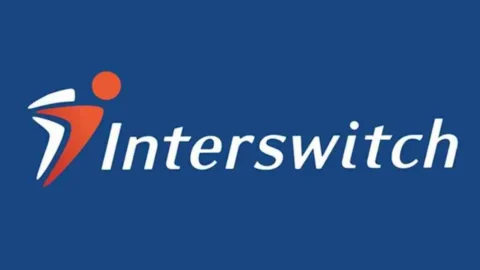The Nigerian Education Loan Fund (NELFUND) has decided to pospone the opening of student loan applications for state-owned institutions by 14 days. This delay, as announced from NELFUND‘s headquarters in Abuja, is as a result of inadequate data submissions by several state universities, colleges, and polytechnics.
According to NELFUND‘s statement, the postponement is necessary because a significant number of state institutions have not yet uploaded essential student data and fee information onto the NELFUND Student Verification System. As of now, only a portion of the required institutions have completed this crucial process: 20 out of 48 state universities, 12 out of 54 state colleges, and 2 out of 49 state polytechnics.
Originally scheduled to commence on June 25, 2024, the application window will now start on July 10, 2024. This extension aims to allow state institutions additional time to comply with the data submission requirements. By doing so, it ensures that students from these institutions can access the Federal Government student loan scheme without disruption.
NELFUND emphasized the importance of accurate and complete data submissions to facilitate a smooth application process. It outlined the necessary information to be provided, including JAMB numbers, matriculation numbers, admission details, full names, academic levels, faculties, departments, program durations, fees, and gender of eligible students.
Incomplete or inaccurate data submissions could potentially delay application processing or disqualify affected students. Therefore, NELFUND urged all state institutions to expedite their data submission processes and ensure the accuracy of the information provided to avoid such setbacks.
The fund also cautioned that institutions failing to meet the revised deadline risk disadvantaging their students who rely on these loans to support their education. This underscores the critical role of timely and accurate data submission in ensuring equal access to educational opportunities across Nigeria.





